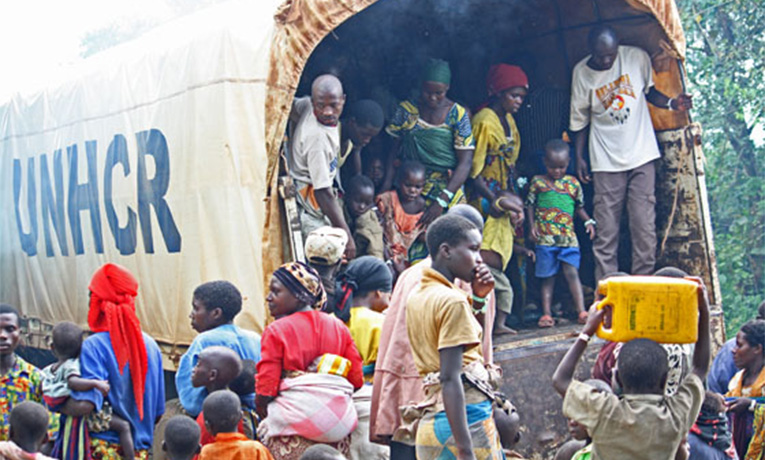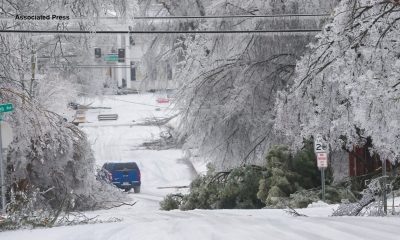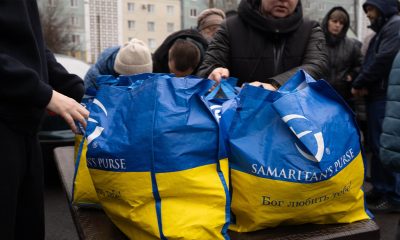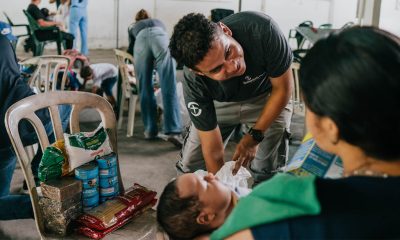Samaritan's Purse helps give refugees in Uganda a sense of belonging by providing relief
By Jodi Blackam, program management adviser
I have been thinking a lot recently about where I call home.
While living in Uganda I have referred to both the United Kingdom and Uganda as home. When Chris and I are planning a trip to the UK we talk to our staff about going home for a few weeks. Then when we are in the UK and coming to the end of our holiday we talk to our family about when we go back home—referring to Uganda.
We have been privileged to call two places home. In less than a week we will be leaving our Uganda home and heading back to our original home in the UK, a transition that brings many emotions. However, the concept of home was put in to perspective last week when I visited our refugee feeding project in Western Uganda.
We have recently taken over a project that is providing food in six refugee settlements in Western Uganda. The refugees are from the Democratic Republic of Congo, Eritrea, Somalia, and other countries in Africa.
Last week the project was asked to expand to also cover a rapidly growing settlement near our field office in Kamwenge that is receiving refugees from DRC. When we arrived at the food distribution point within the settlement, a huge lorry was offloading people and belongings. The refugees receive a plot of land to set up a temporary home, and then potentially a more permanent structure.
 That day 1,5000 new refugees arrived, and they are expecting at least 3,000 each week. Soon the settlement will be hosting nearly 30,000 people.
That day 1,5000 new refugees arrived, and they are expecting at least 3,000 each week. Soon the settlement will be hosting nearly 30,000 people.
Seeing these individuals and families with everything there could carry when they were forced to flee was indescribable. I cannot imagine feeling so in danger that I pack what I can carry and run from my home. We have accumulated so much stuff during out time in Uganda that I want to keep, so we are packing bag after bag. If I have to carry it on my back I would be prioritizing very differently.
It was amazing to see the exhausted, bewildered, desperate people receiving a hot meal and then being given a basic hygiene and household supply kit and a monthly ration of food. After the journey they had been on that was the least we could do to help them start their new life.
These people really have nothing. They are in a new country where they don’t speak the language, but it is better than the alternative. I felt privileged to be connected to a project that is among the first people to welcome these refugees to their new home.








